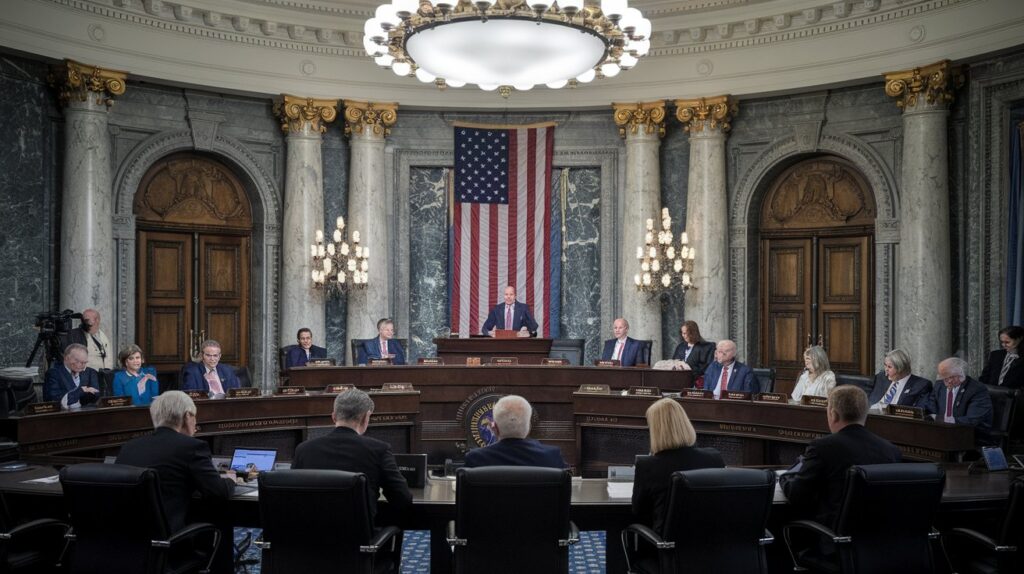Speaker Johnson Faces Challenges in GOP Budget Reconciliation Efforts
Speaker Mike Johnson Faces Challenges in GOP Budget Reconciliation Efforts as he navigates internal divisions within the Republican Party and contends with competing strategies from Senate Republicans. Johnson’s ambitious goal of unifying House Republicans around a comprehensive budget reconciliation package has hit significant roadblocks, threatening the party’s ability to advance key legislative priorities.
Internal GOP Divisions Complicate Budget Talks
House Republicans are sharply divided over the scope and specifics of the budget plan. Conservative hard-liners are pushing for aggressive spending cuts, advocating for at least $1 trillion in reductions over the next decade. Their focus includes slashing programs such as Medicaid and food assistance to curb federal expenditures. However, centrist Republicans express concerns about the potential fallout from deep cuts to social programs, fearing backlash from constituents who rely on these services.

This internal discord has stalled the budget resolution process. The Budget Committee has been unable to proceed with markups, and negotiations have become increasingly strained. Speaker Johnson’s vision of a “one big, beautiful bill” remains elusive as factions within his party struggle to find common ground.
Senate Republicans Advance Competing Budget Proposal
Adding to Johnson’s challenges, Senate Republicans, led by Budget Committee Chair Lindsey Graham, are moving forward with their own budget reconciliation strategy. Unlike the House’s comprehensive approach, the Senate’s proposal is more streamlined, focusing primarily on border security, defense spending, and energy production.
This divergence has created friction between the House and Senate, as each chamber seeks to assert its influence over the budget process. Johnson has publicly urged the Senate to allow the House to take the lead, emphasizing the importance of a unified Republican strategy. However, the Senate’s momentum threatens to overshadow the House’s efforts, further complicating Johnson’s path forward.
The Stakes for Republican Legislative Priorities
The outcome of these budget negotiations will have far-reaching implications for the Republican Party’s legislative agenda. A successful reconciliation package could pave the way for extending expiring tax cuts, securing additional border funding, and bolstering national defense. Conversely, failure to reach an agreement could stall key initiatives and undermine the party’s credibility heading into the next election cycle.
Speaker Johnson remains committed to bridging the gaps within his party and steering the reconciliation process to a successful conclusion. However, with time running short and divisions deepening, the GOP faces an uphill battle in achieving its budgetary goals.
Key Takeaways:
- Speaker Johnson faces internal GOP divisions over spending cuts and budget priorities.
- Senate Republicans are advancing a competing, streamlined budget proposal.
- The reconciliation outcome will significantly impact the GOP’s legislative agenda.





